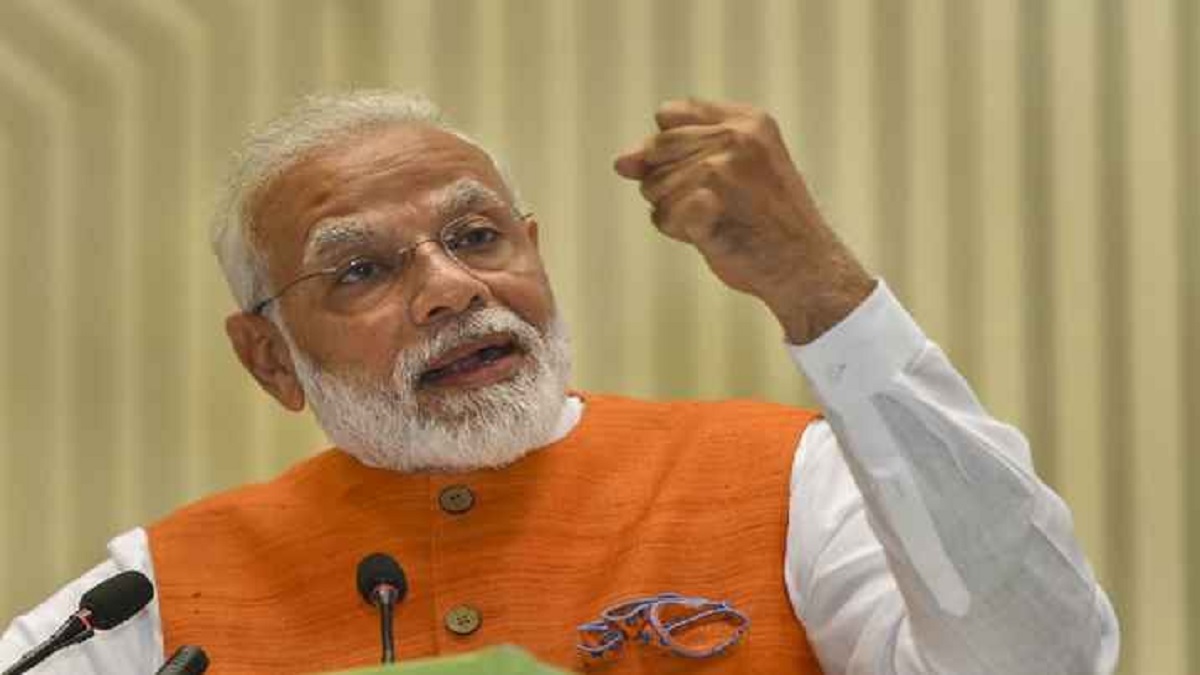
After being tasked to do so by Prime Minister Narendra Modi, the Union Ministry of Micro, Small & Medium Enterprises (MSME), together with the PMO, has on anvil a package to hand-hold and bail out this sector, which accounted for 29% of the GDP and provided 11 crore jobs prior to the coronavirus lockdown. It is essentially a survival package, though in popular parlance it may be called a revival plan. The MSME package will be the core of the larger economic revival plan, which the Ministry of Finance and PMO are fine-tuning. As a first step, Prime Minister Narendra Modi has put a moratorium on debt repayment by MSMEs—a move which was lauded by Nobel Laureate Abhijeet Banerjee as timely and wise in his interview with Congress leader Rahul Gandhi, which was webcast on Tuesday. The MSME survival package will be aimed at the small and medium enterprises primarily, as they provide sinews to the industry in terms of product inputs and act as backbone of the economy as a whole because of their employment generation potential. The micro sector will be covered. Stress will be on keeping the small and medium enterprises afloat and ensure they do not face insolvency.
Already, government departments and public sector enterprises have been told to expedite payments due to the MSMEs. Usually, their payments are delayed up to six months by these state agencies. Not only the present payments are sought to be cleared, but a mechanism may be put in place where the Japanese model of payment—payment at the time of delivery—may be evolved to ensure arrears do not mount up in future. MSME Minister Nitin Gadkari, in his recent video interface with the chambers of commerce, has urged the captains of industry to expeditiously clear the dues of their MSME suppliers. Apart from prompt payments, in the post-Covid scenario, a little generosity by the large industries towards their small suppliers may also be called for. If the chambers of commerce take a cue from the package being evolved by the government and work out ways of handholding the MSMEs, it may act as a fillip to industrial revival. MSMEs provide essential supply chain to the production process and if the MSME health is not restored, industry as a whole may suffer. NBFCs run by large conglomerates may be asked to chip in to bolster the government package for MSMEs.
A bank loan facility with the backstop of a government guarantee may also be evolved. A Rs 1 lakh crore revolving fund may be evolved along with government guarantee for fresh loans to help the MSMEs stay solvent. This will be over and above credit currently guaranteed by the Small Industries Development Bank of India (SIDBI). The mobile fund will aim to increase liquidity in the market. A sharing of interest burden between the paying entity and the payment receiving entity and banks is envisaged. In addition, MSME Minister Gadkari is also taking up with the Ministry of Finance the issue of Income Tax and GST refunds. The minister feels such refunds should materialize within eight days and such delays should not hamper the health of MSMEs.
The survival package for MSMEs is being worked out in the backdrop of the evolving possibility of companies moving out of China. A healthy MSME sector can attract these units to India. The trend so far has seen Japanese companies moving out of China, preferring Vietnam, Taiwan and Thailand over India as the relocation destination. The coronavirus hit economy in India is better placed than its counterparts in developed countries like the US, UK, Germany, France. 65-70% of the highways are witnessing traffic flow; ports are functional and railways are being used for essential cargo, besides evacuating stranded migrant labour and students from various parts of the country to their home areas.